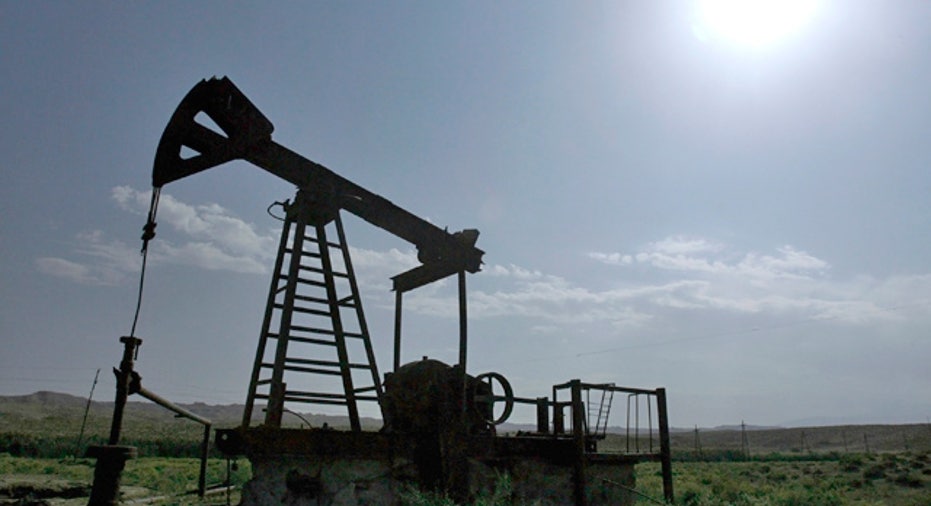OPEC Output Hit 23-Month Low in April

OPEC output fell to a 23-month low in April as extra oil from Saudi Arabia and Nigeria did not make up for supplies lost due to fighting in Libya and oilfield maintenance in Angola, a Reuters survey found on Tuesday.
Supply from all 12 members of the Organization of the Petroleum Exporting Countries averaged 28.42 million barrels per day (bpd), down from a revised 28.48 million bpd in March, the survey of oil companies, OPEC officials and analysts found.
The Libyan crisis has almost shut down output in what used to be Africa's third-largest producer. Analysts say the loss of its crude is likely to keep the heat under prices trading at $124 a barrel and near the highest since 2008.
"It looks like Libya's going to stay shut for the long term and I think there will be a geopolitical risk premium for the rest of the year, supporting the price," said Paul Tossetti, senior energy adviser at PFC Energy.
Top world exporter Saudi Arabia raised supply in April from a much lower figure in March than initially estimated. The kingdom cut production in March due to oversupply, Saudi Oil Minister Ali al-Naimi said on April 17.
OPEC output in April was the lowest monthly total since May 2009, soon after the organization had implemented a record output cut to prop up prices, according to Reuters surveys.
Supply has fallen for three months since reaching 29.63 million bpd in January, the highest since December 2008.
ANGOLA, LIBYA DOWN
Angolan supply declined by the most in OPEC because of field maintenance and, according to industry sources, declining output at some of the country's older fields. Export schedules suggest little change in output for May.
Libya's production posted a further decline of 70,000 bpd in April to average 250,000 bpd. Until violence broke out earlier this year, output had been running near 1.6 million bpd.
Of the countries with higher output, Saudi Arabia boosted supply by 200,000 bpd from 8.3 million bpd in March -- much lower than the 9 million bpd initially estimated by Reuters for March.
"Production was around 8.5 (million bpd) in April and the reason we raised output is because there was higher demand," a Saudi-based industry source said on Sunday.
Initial estimates suggest a decline of 100,000 bpd in the United Arab Emirates and stable output in Kuwait.
Nigeria shipped more barrels in April because of a reduced impact of field maintenance on output. Iraqi output, excluded from OPEC output agreements, was slightly higher.
OPEC has so far decided against taking any formal action on raising its output in response to the Libyan crisis and it is not scheduled to meet until June.
The group has not officially changed its policy for more than two years since cutting output by a record 4.2 million bpd in December 2008 as prices fell and recession destroyed demand.
OPEC does not provide timely official production figures, so the oil industry relies on supply estimates from news agencies, consulting firms and organisations such as the International Energy Agency.
(Additional reporting by Amena Bakr; editing by Anthony Barker)



















